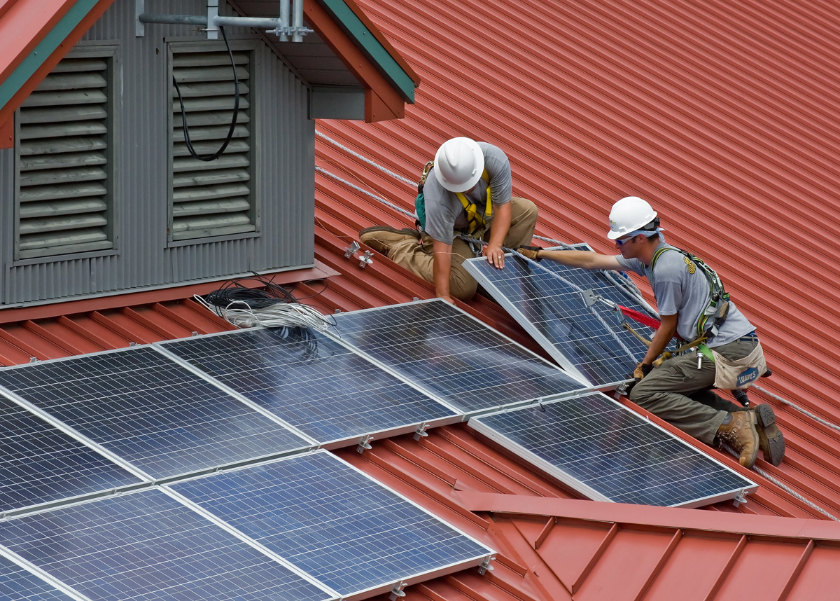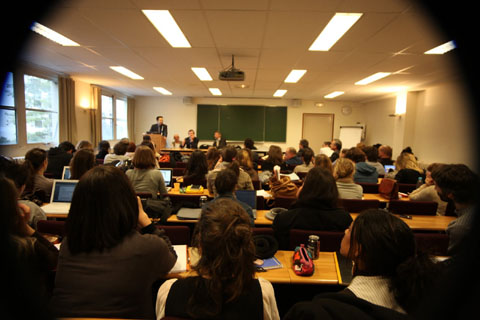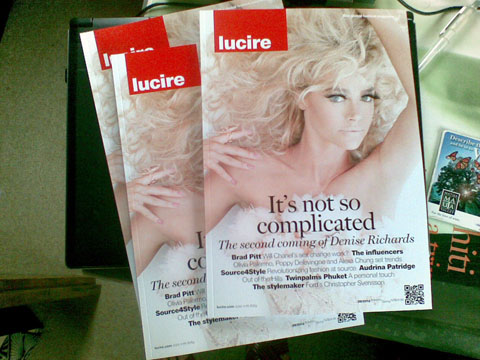Growing up in a relatively wealthy country in the 1980s, after getting through most of the 1970s, you’d be forgiven for thinking that the world would just keep getting better and things would make more sense as humans evolved.
From a teenager’s perspective: home computers, with a modulator–demodulator (modem), could bring you information instantaneously and from around the world. As an immigrant kid, that excited me: contact with people “back home” and from other places, making communication quicker. You could hear from others, and you could help others who needed you. And if you didn’t have a computer that could connect to a bulletin board, there was Teletext, which gave you regularly updated information through your TV set.
Cars were getting more aerodynamic, which meant they would use less fuel, and that was understood universally to be a good thing. MPVs were very practical vehicles that had small footprints yet fitted a lot of people, or stuff, inside. Here in New Zealand, natural gas-powered dual-fuel cars were mainstream, and that meant we weren’t reliant on overseas oil. They also didn’t pollute anywhere near what petrol did—they burned cleanly.
And since saving energy was understood to be a good thing, who knew? Before long solar power would be the norm for new homes and we’d be putting electricity back into the grid.

Alex Snyder/Wayne National Forest/Creative Commons
I also heard about recycling for the first time as a teen, and that seemed like a good thing—all that old paper and plastic could have a second life.
People were interested in being more efficient because no one wanted a repeat of the oil shocks of the 1970s. Nor did we want the government imposing carless days on us again.
That same teenager would have thought that by the dawn of the 21st century—if the US and Soviet Union behaved—we’d have evolved to have recognized that we had the tools to make things better.
When the internet came to our house in the 1990s, I saw it as a direct evolution of the 1980s’ optimism. It made sense.
So through that lens, a lot of what the world looks like today doesn’t make sense.
We have connected computers, milliards which are handheld, yet some of us are addicted to them and others use them to express outrage, rather than delight in having any contact at all with people thousands of miles away.
SUVs outsell regular cars in some size segments. They are less aerodynamic, use more fuel, and are less efficient. We have American companies—Ford in the US and Holden here—saying that they’ll stop selling cars in most segments in favour of utility trucks, crossovers and SUVs. Petrol is expensive, and I complain about it, but I guess no one else thinks it’s expensive. Dual-fuel cars are a thing of the past here, for the most part, yet lots of people marvel at hybrids, conveniently forgetting we were decades ahead in the 1980s.
And solar power isn’t the norm.
We still, happily, recycle—but not everything we collect winds up being recycled. We have an awareness, but if we kept on progressing as I expected us to when I was Greta Thunberg’s age, then we wouldn’t have Greta Thunberg reminding us that we haven’t.
I wonder if others in middle age realize that humans have the potential to go forward, and in many respects we do—but collectively there are enough of us who go backward and prevent any real advance in society.
I like to have the same optimism as teenage me about the future. In terms of myself, many things bring me happiness, particularly in my personal and work lives. Yet in terms of society, I wonder if I can be as optimistic. I know deep down that we are interested in efficiency and treating our planet better (or we say we are), so then who are the ones holding us back, and what are we doing that stops us moving forward? Is it personal greed, hoping others will pick up the slack? Many of us choose products and services from companies that align with our views about what we want—yet are we doing the same when it comes to politicians?





